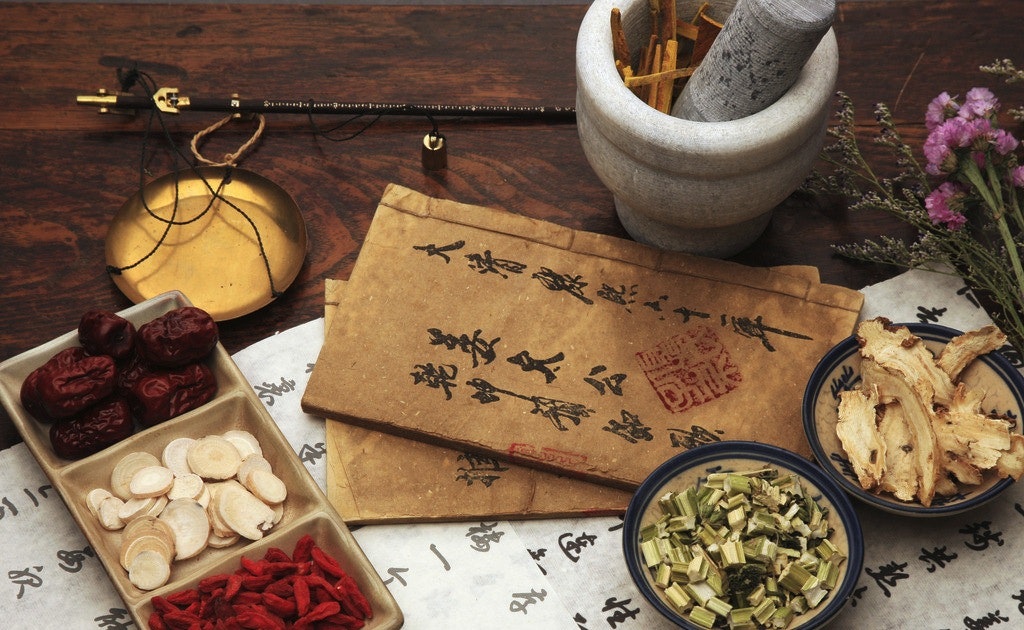
谈到中华传统文化,大家首先想到的莫过于以孔子思想为代表的儒学思想,但中华传统文化绝不止这些;谈到中医药,大家第一印象可能是针灸、按摩,因为她们已经走向全球,但中医药也远不止如此。医学、生物学飞速发展的21世纪,中医药学这一古老学科为什么还有生命力?她与现代医药学有何不同?为什么很多人觉得中医药知识体系不容易学习和掌握?因为:中医药学具有深厚的中华传统文化背景,如果不了解中华传统文化,就难以深入理解中医药学的思想和知识。
本课程就是希望通过剖析中医药与中华传统文化的密切联系,使大家了解中医药学的中华传统文化的背景,更容易理解中医药的思维特征、思想特色和知识体系。通过本课程的学习,不仅能掌握一些中医药的基本知识、中医药养生的原理和方法,还能从中医药的视角认识中华传统文化的精髓。
What's inside
Syllabus
绪论
什么是中华传统文化?什么是中医药?为何要学习中医药与中华传统文化这门课程?希望大家带着思考进入本模块学习!本章还就课程内容模块的设计进行简要介绍,便于大家按照知识图谱自主学习。
走近中医药
本模块彭老师将从支持、反对中医药的不同观点入手探讨对中医药产生不同看法的时代背景和历史原因,如针灸如何被国际社会所接受、历次攻击中医药风波等;并从中医药起源、发展脉络进行历史回顾,使学习者对中医药有客观的认识。通过本模块的学习,相信大家对中医药会有更加全面、清晰的认识。
Read more
Syllabus
Good to know
Save this course
Reviews summary
中医药与中华传统文化
Activities
Read The Book of Changes
Show steps
Reading The Book of Changes, a classic text on Yin and Yang, will provide you with a deeper understanding of this important concept.
Show steps
-
Find a copy of The Book of Changes and read it carefully.
-
Pay attention to the passages that discuss Yin and Yang.
-
Reflect on what you have read and how it relates to your understanding of the world.
Show all one activities
Read The Book of Changes
Show steps
Reading The Book of Changes, a classic text on Yin and Yang, will provide you with a deeper understanding of this important concept.
Show steps
- Find a copy of The Book of Changes and read it carefully.
- Pay attention to the passages that discuss Yin and Yang.
- Reflect on what you have read and how it relates to your understanding of the world.
Career center
Acupuncturist
Herbalist
Massage Therapist
Naturopathic Doctor
Acupuncture Physician
Chinese Pharmacist
Medical Anthropologist
Traditional Chinese Medicine Doctor
Health Educator
Writer
Journalist
Professor
Researcher
Consultant
Entrepreneur
Reading list
Share
Similar courses
OpenCourser helps millions of learners each year. People visit us to learn workspace skills, ace their exams, and nurture their curiosity.
Our extensive catalog contains over 50,000 courses and twice as many books. Browse by search, by topic, or even by career interests. We'll match you to the right resources quickly.
Find this site helpful? Tell a friend about us.
We're supported by our community of learners. When you purchase or subscribe to courses and programs or purchase books, we may earn a commission from our partners.
Your purchases help us maintain our catalog and keep our servers humming without ads.
Thank you for supporting OpenCourser.


